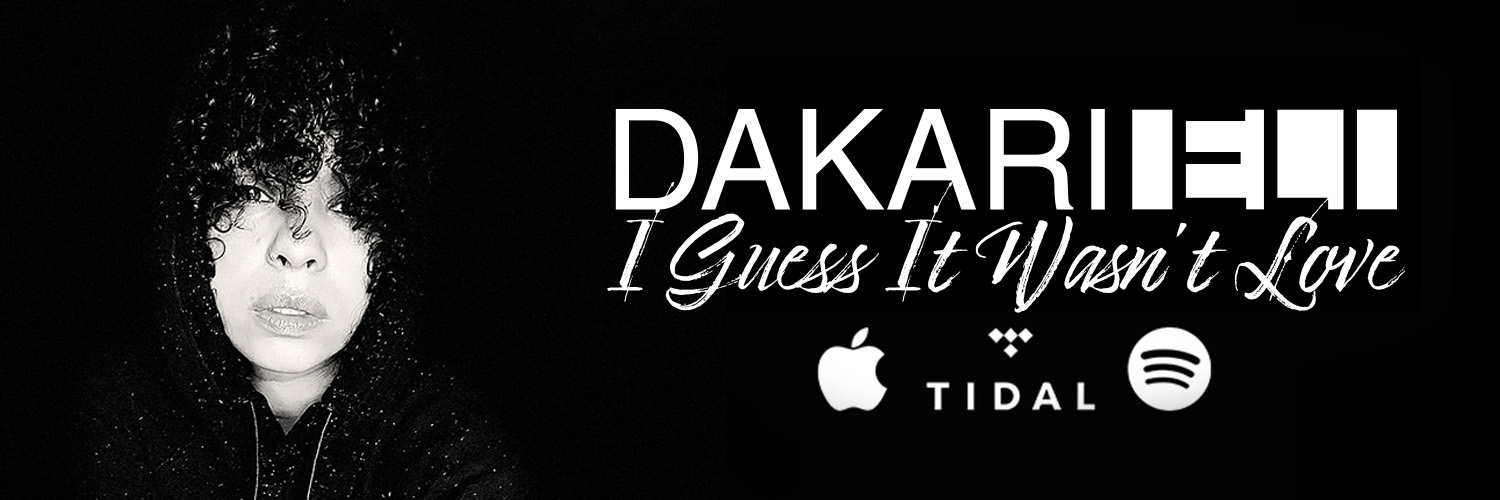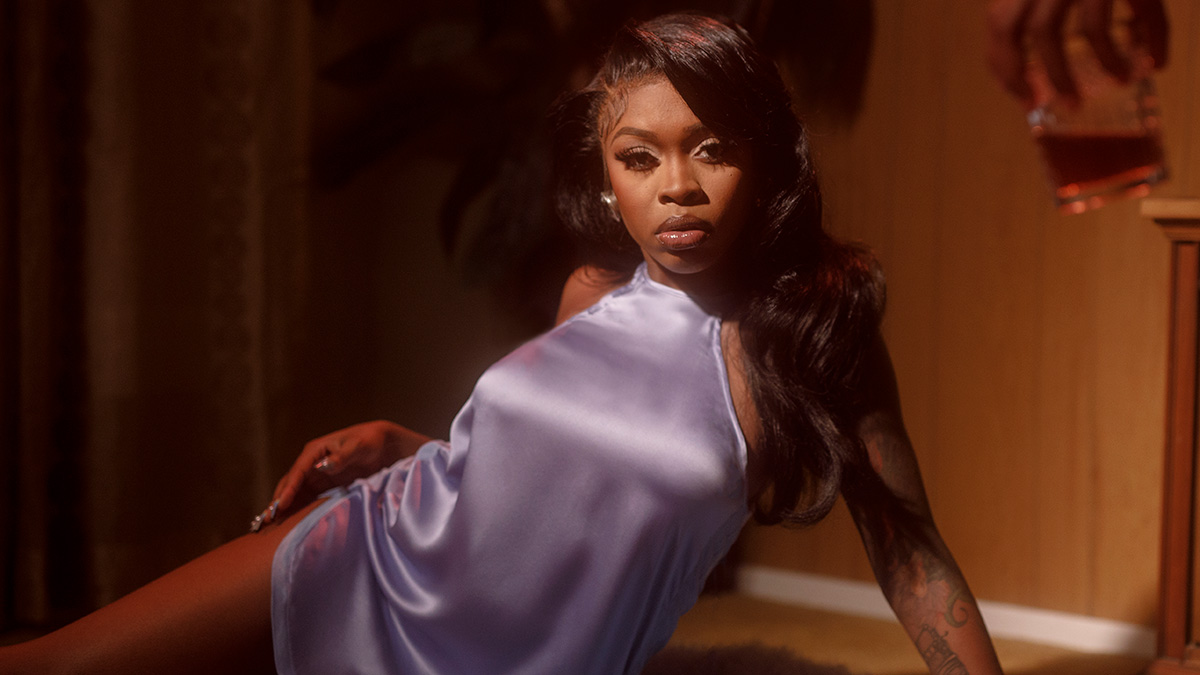Some people make music while others make art. While they may seem similar, an evolved mind can distinguish the difference between the two. Tink is an exceptional artist who is gifted in weaving interpersonal stories and real-life experiences into something we all can relate to or at least understand. Her courageous transparency gives her art depth and beauty even in the most heart-wrenching bodies of work. She has influenced so many while always setting herself apart. Adorn by millions, she remains original in a game full of copies. She is truly one of one.
Let’s start with your project. How does the title Pillow Talk connect with the body of work?
The title Pillow Talk just connects because the album is so sexy. I am really vulnerable on this album, too. On a lot of my previous albums, I was really aggressive. I was really able to give fans a whole other vibe. When you think about pillow talk, you think about nighttime, being in the bed, and having a serious conversation.
It’s an amazing body of work. You tackle so many aspects of relationships on this project. Do you pull your own personal experiences?
Yes, I think that it’s the best way for me to write. I love being honest about what is happening around me. I also pull from what I hear and what my friends are going through. For the most part, I am always speaking on reality. When I’m going through something, my first thing is going to the studio, so it’s really raw and connects with the listeners.
After releasing several mixtapes and albums, how do you determine how which category a project falls into?
I think my first set of projects were mixtapes because I wasn’t really selling them. When I started back in 2012, I was putting out music through this app, I think it was called My Mixtapes. It wasn’t really for profit. Now, of course, since I’m independent, I can actually market my music, sell it, and distribute it. That’s the only difference. I didn’t have the resource back then but now every project feels like a complete album.
In what ways you have grown musically since your national debut?
For me, I think the sound of my music has elevated. I have a real focus when I am in the studio now. Years back, I honestly was just shooting at the wall. Some days, it would be trap. Some days, it would be R&B. On other days, it would be drill. I feel like now I am way more confident within my lane. You can just feel it through the music. It feels very cohesive.
If you had to pick a favorite song, or better yet, a defining track from Pillow Talk, which would it be?
I would say “Ghetto Love” featuring G-Herbo. Honestly, it’s just like “thumbs-up,” the way I felt writing this album. “Ghetto Love,” coming from Chicago really hits a nerve. We were kind of giving both perspectives. I am telling how it feels to be in love while at the same time trying to figure things out. G-Herbo wrapped it up, giving a perspective from a guy. “Ghetto Love” hits home for me.
You have chosen to remain an independent artist since parting ways with Timbaland’s imprint on Epic Records. What are the pros and cons?
The pros to me are just being free and being able to run my business as an artist. I am such a Pisces and I’m so creative. I just have a particular way I like to do everything. Having the freedom, I feel like I’m able to better tap in and connect with my audience. I know what the girls want to hear. It’s being able to tweak the details that make the difference, like when I’m dropping new music, where and how I want to market the music. Having freedom and control are the biggest pros.
I would say that if there were any cons, I’m just so happy and in a great space, it would be that as an independent artist, you have a lot more responsibility. I have to be in control of everything. It is a lot more work being added to creating the music. I like it though. I wouldn’t trade it for anything.
Would you advise an emerging artist to take a deal at a major label or stay independent?
I would tell them to stay independent for as long as they can. In the beginning, I know as an artist you want to be financially secure. It’s just that when you sign, you give up a lot of freedom and a lot of your rights. Nowadays, I think that we just have so many ways to connect to our audience. If you have a platform and you’re able to gain a fanbase online, that will go a long way. I would say just hold out as long as you can and keep your freedom.
Do you find it therapeutic being so transparent in your art?
Yes, it is very much therapeutic for me. My first series of mixtapes is called Winter Diary. I have been almost too open and honest (laughing). It gives me relief in that I know there are people who need it, and my music is a breath of fresh air in the midst of all the other music out there. I am telling my story with the hope that it helps others.
When it comes to being honest, there’s a certain courage you display when baring your soul. You share it all, even when it comes to navigating through negative space. You seem completely vulnerable.
When I say that I am almost too honest, I mean that when it comes to my music; I give the listeners a full and complete view. I give the positive and the negative, the ups and downs. At times, I am very much open and vulnerable to the world. It’s such a trend to make ‘cool’ music now. Sometimes, I feel like I’m the complete opposite. I make music that reflects pain. It’s not meant to be cool; it’s meant to be real. I know that people get all of me when they hear my albums, to the point where I feel like I am almost too honest.
Have you ever received pushback from people you are personally involved with over your material?
I wouldn’t say pushback, but I do have people around me who give me great creative advice. I have come to a point where the people in my life understand the things that I am doing and what I am saying. Everyone around me is on board and they want me to be myself and as honest as possible.
Sometimes I’m sure there is someone somewhere crying in a corner like you told everybody all about our personal business (laughing).
(Laughing) You’re right! Sometimes, there are certain bars and lyrics that can be about really sensitive situations, but I think that is what makes creating music so real and fun. Not even fun, it makes it more real because people are able to relate to it. My music isn’t a gimmick. I’m not trying to be trendy. I’m just being real.
How has social media impacted the space between your brand as an artist and your personal life?
That’s a deep question. I think, for me, social media has its pros and cons. I try to use it for the right things. A lot of times, I find myself using social media strictly for business. Over the past couple of years, I have seen how social media can affect people in real life. I enjoy connecting with the fans, but do like setting boundaries so I can keep a piece of myself out of the mix and out of conversations. I just try to limit my use of it for the right things to a certain extent.
What would you say has been the biggest lesson you’ve learned throughout your career?
The most important lesson I have learned throughout my music career is the power of speaking up. In almost any situation, it is important to always follow your own intuition. I can’t tell you how many times if I had followed my own intuition, it would have helped me navigate a situation or helped me select a record. It would have made a difference in how I would have looked in a certain moment. You have to really trust yourself. Your first intuition is usually the one!
Be’n Original






